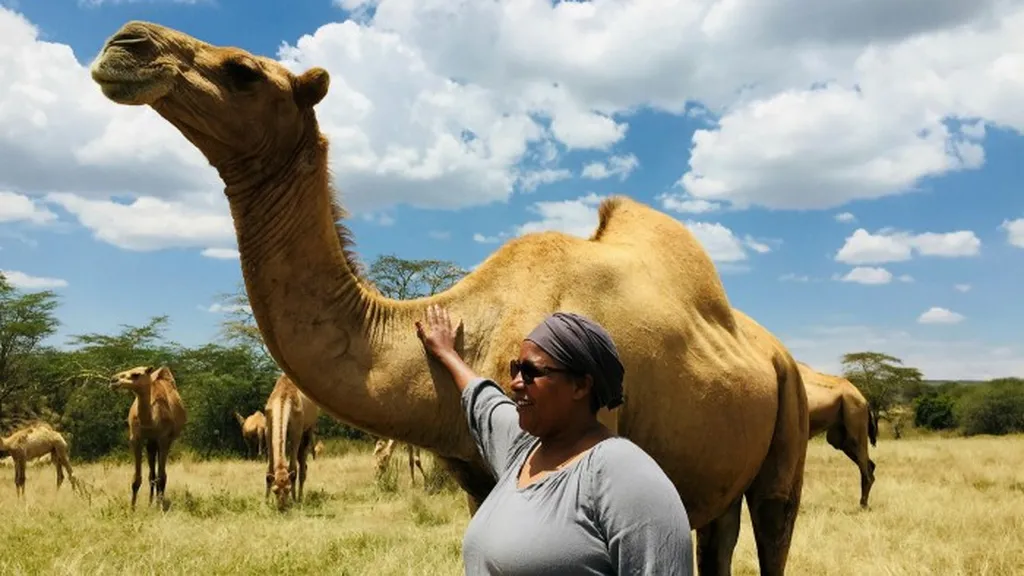In the heart of West Africa, a silent revolution is brewing, one that could redefine the future of food production and security. A recent study, led by Jessica Mitchell from the Global Agriculture and Food Systems department at the University of Edinburgh’s Royal (Dick) School of Veterinary Studies, is shedding light on how agricultural guidance documents in the region are addressing—or failing to address—critical One Health issues.
The study, published in *Cogent Food & Agriculture* (which translates to *Thoughtful Food & Agriculture*), is a scoping review that aims to consolidate the One Health content of agricultural guidance documents in West Africa. The region is grappling with a myriad of challenges, including rising human populations, climate change, (re)emerging infectious diseases, Antimicrobial Resistance (AMR), and biodiversity loss. These issues are not just environmental; they have significant commercial implications, particularly for the energy sector, which is increasingly intertwined with agricultural practices.
Mitchell and her team identified 24 key agricultural and One Health documents from Benin, Burkina Faso, Ghana, Nigeria, Senegal, and Morocco. They employed an inductive approach to identify common terminology used within and between One Health and agricultural documents. The findings reveal a stark contrast in how One Health terminology is used in documents aimed at food production versus those with wider One Health narratives.
“This discrepancy could potentially silo One Health action within certain sectors,” Mitchell explains. “It’s crucial to bridge this gap to ensure a holistic approach to food production that is climate-smart, nature-based, and resilient to contextually specific One Health stressors.”
The study also highlights examples of One Health synergies across documents, which could pave the way for One Health-centred agricultural reform. This is not just about improving health outcomes; it’s about creating a sustainable ecosystem that supports economic growth and food security.
“The energy sector has a vested interest in this,” says Mitchell. “As agricultural practices become more resilient and sustainable, they can reduce the environmental footprint and improve the efficiency of energy use in food production.”
The implications of this research are far-reaching. By understanding how agricultural guidance documents address One Health issues, policymakers and stakeholders can make informed decisions that foster a more integrated and effective approach to food production. This could lead to innovative solutions that not only address current challenges but also anticipate future ones, ensuring a more secure and sustainable food supply for the region.
As the URBANE consortium continues to collaborate across West Africa, the insights from this study will be invaluable in re-imagining food production systems that are resilient to the unique One Health stressors of the region. The journey towards a sustainable future starts with understanding the present, and this study is a significant step in that direction.

